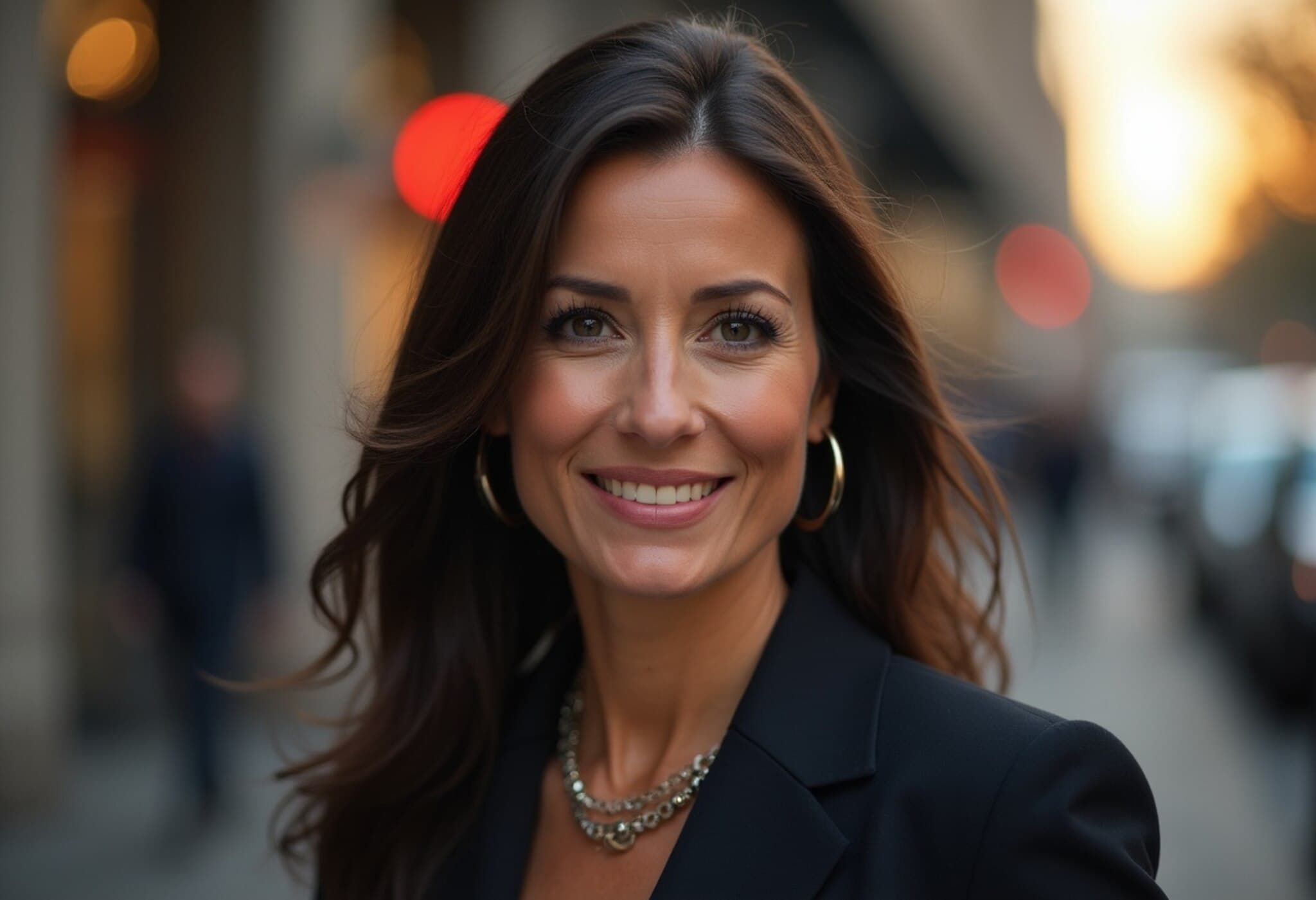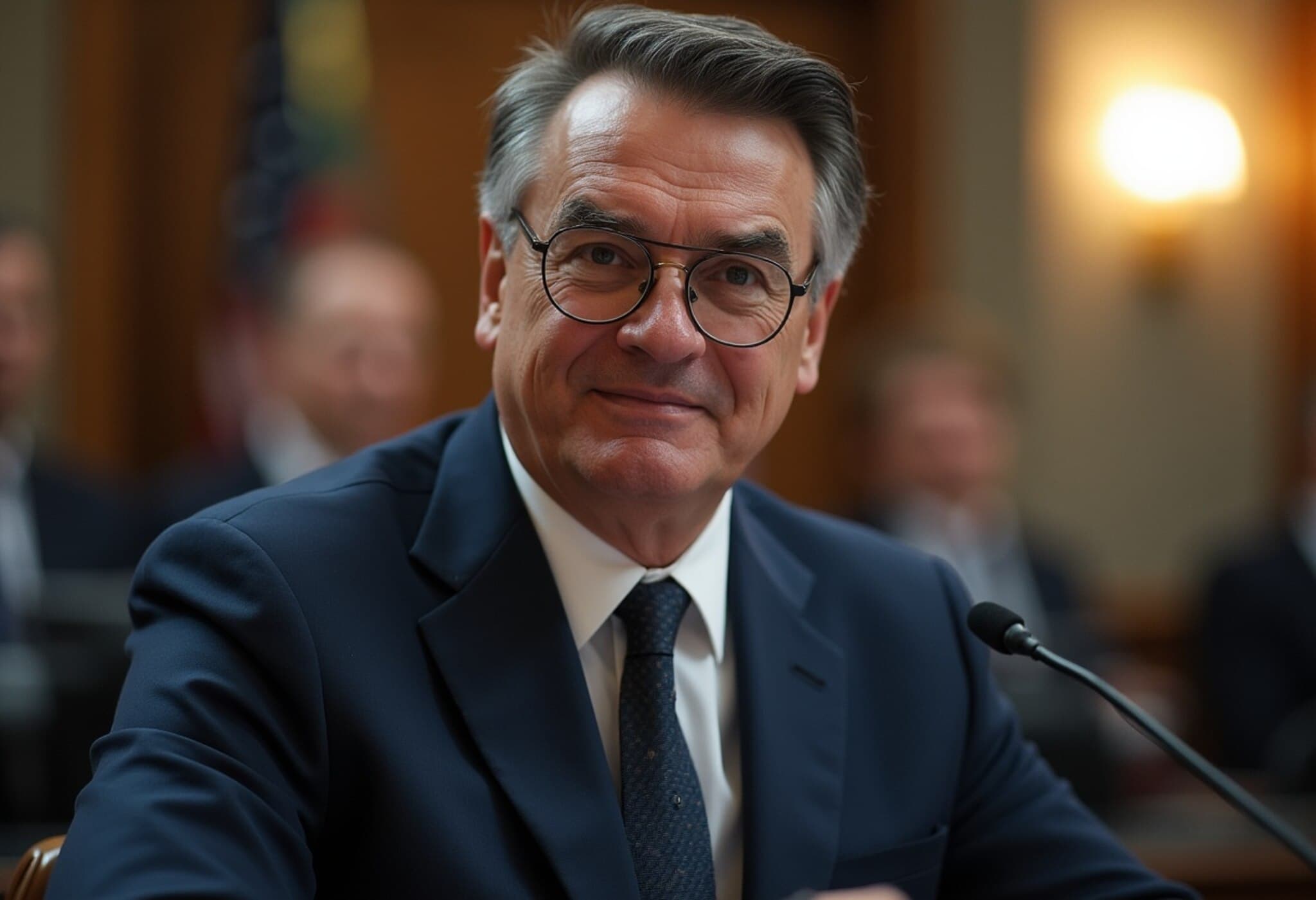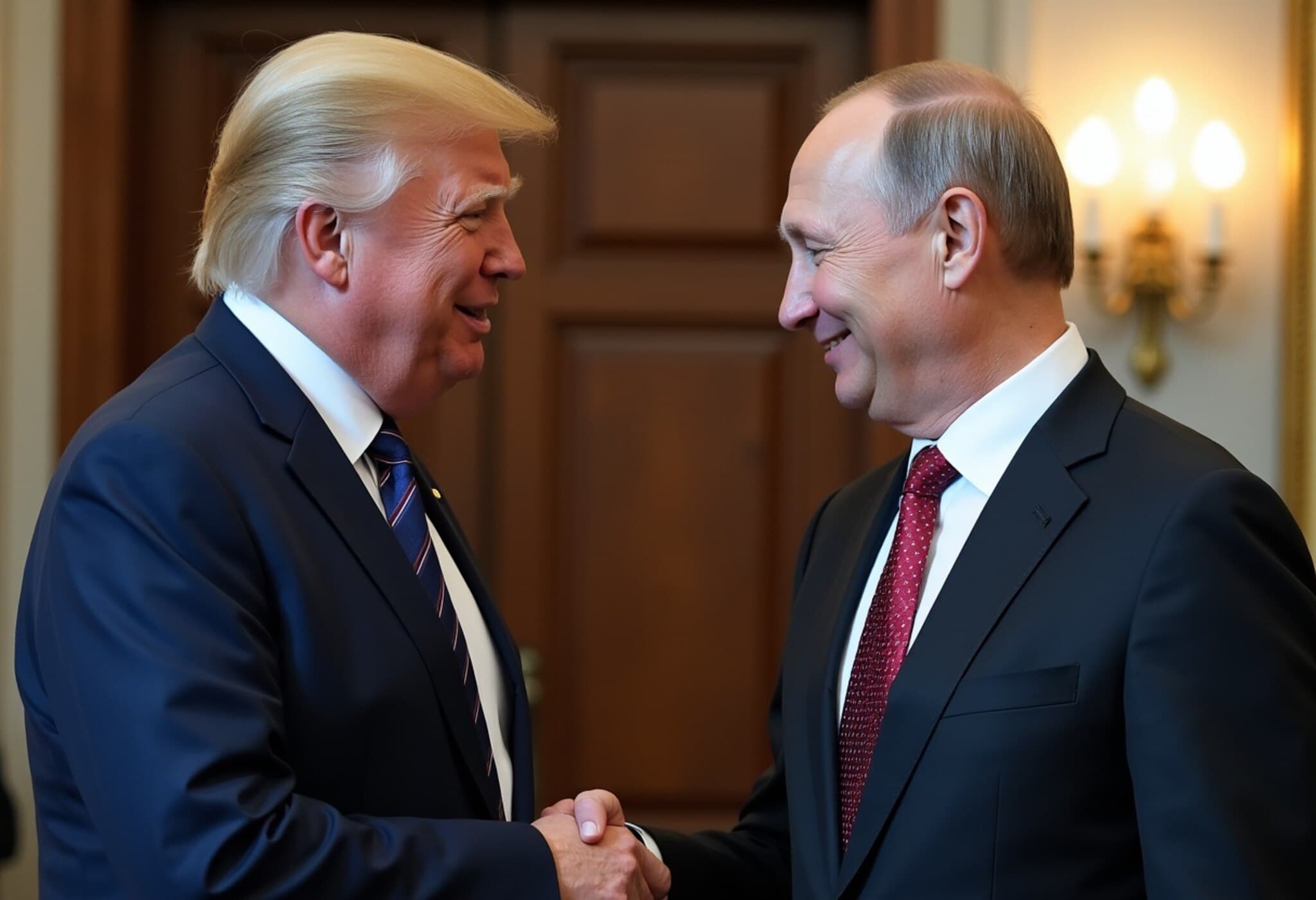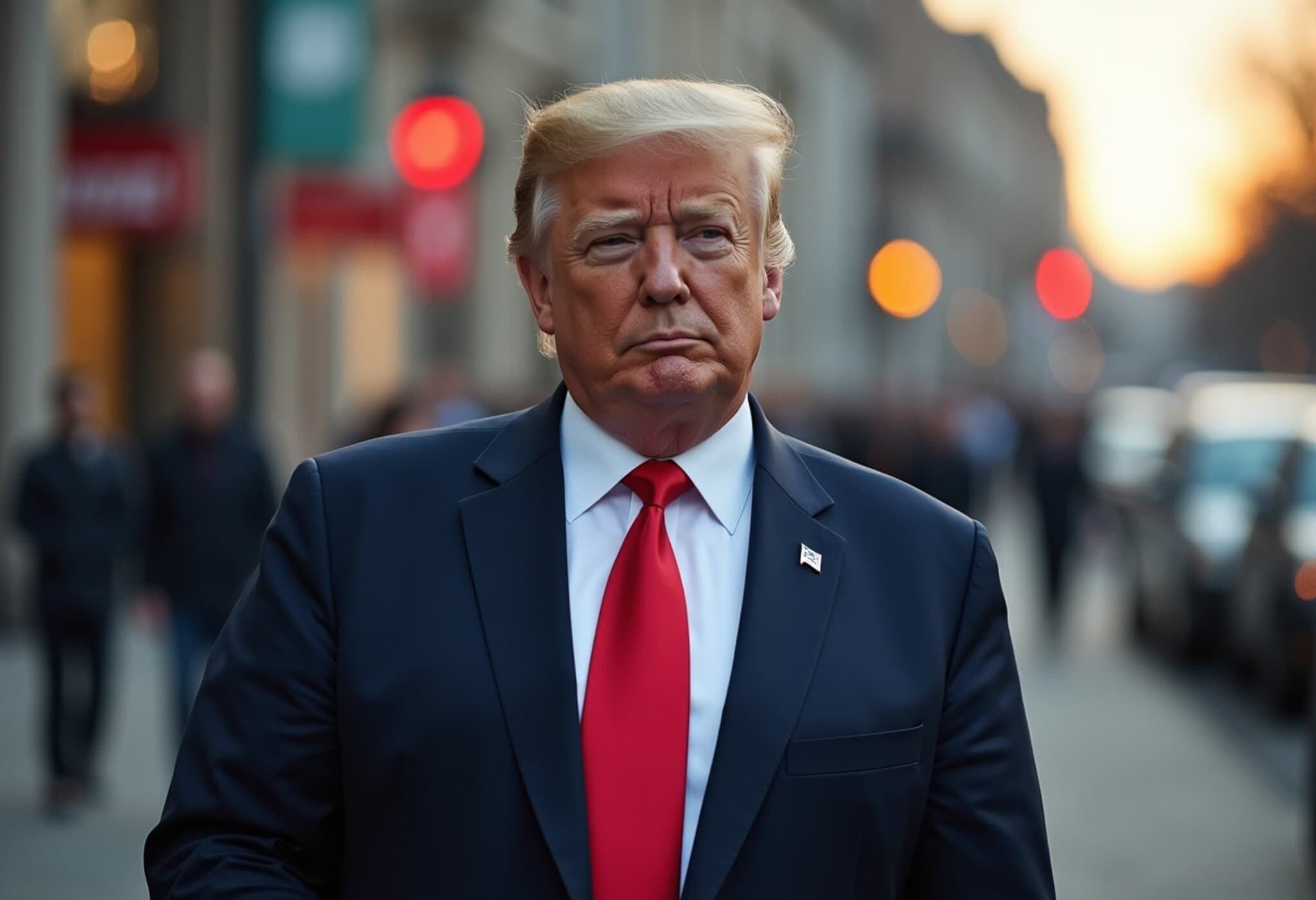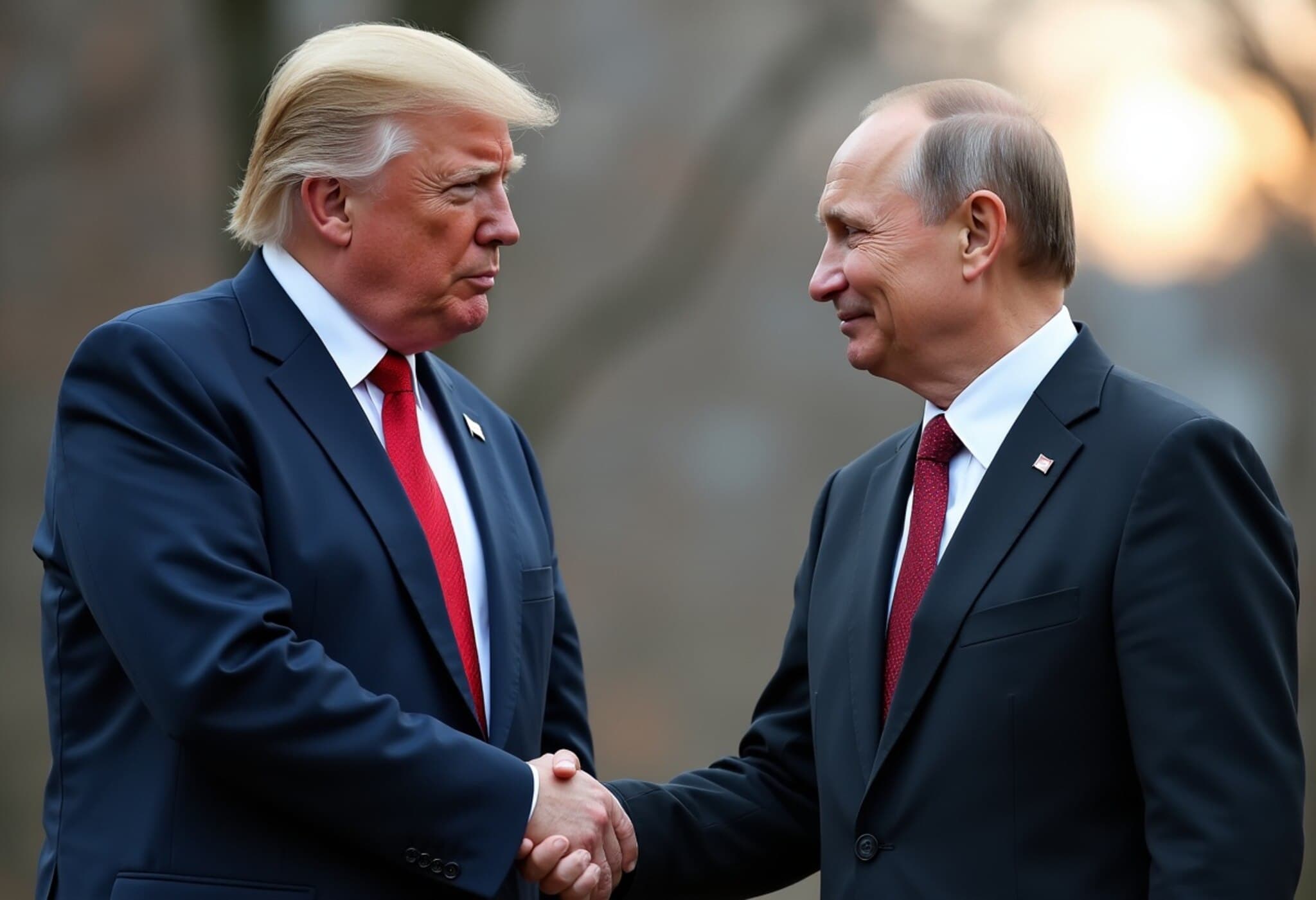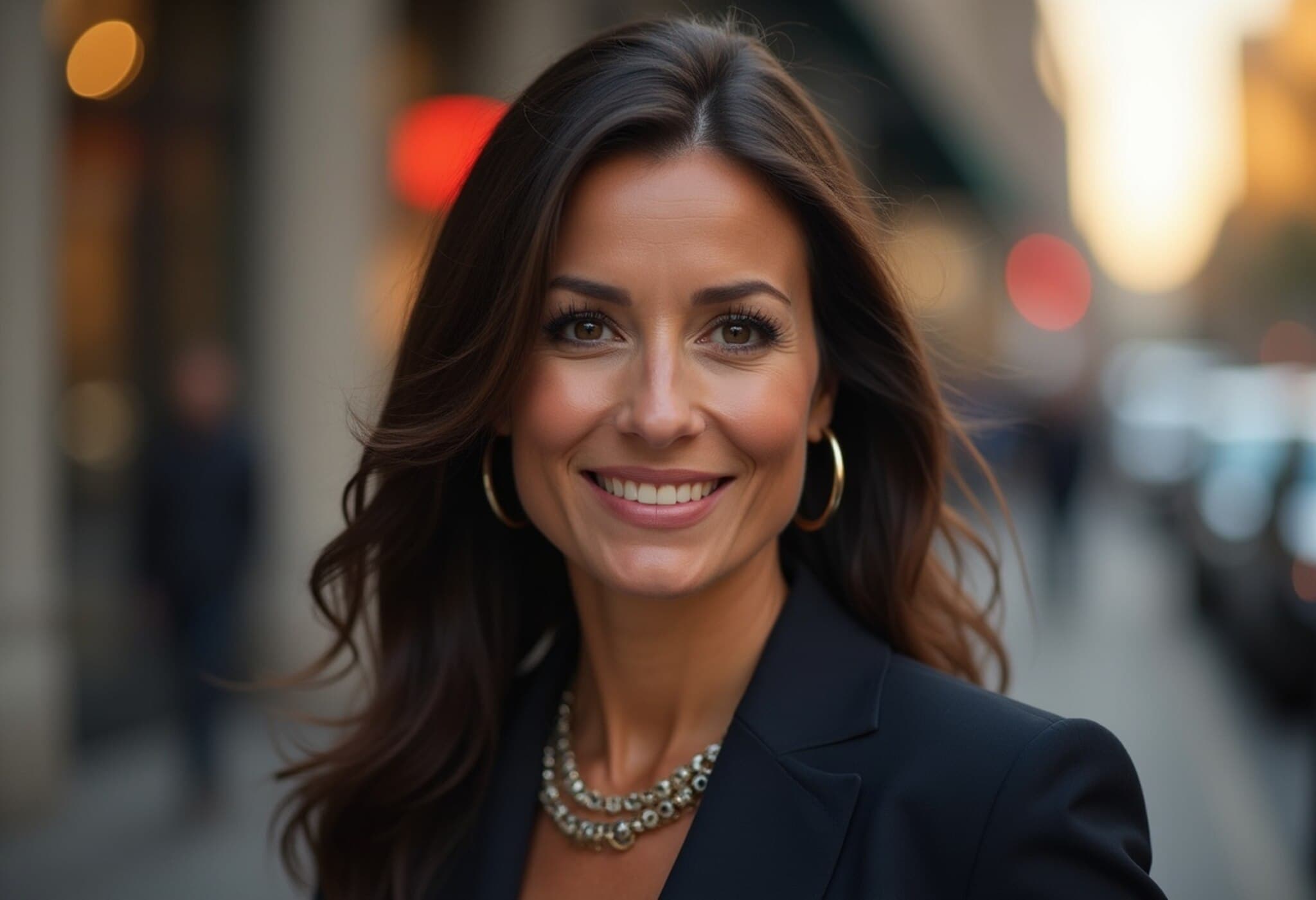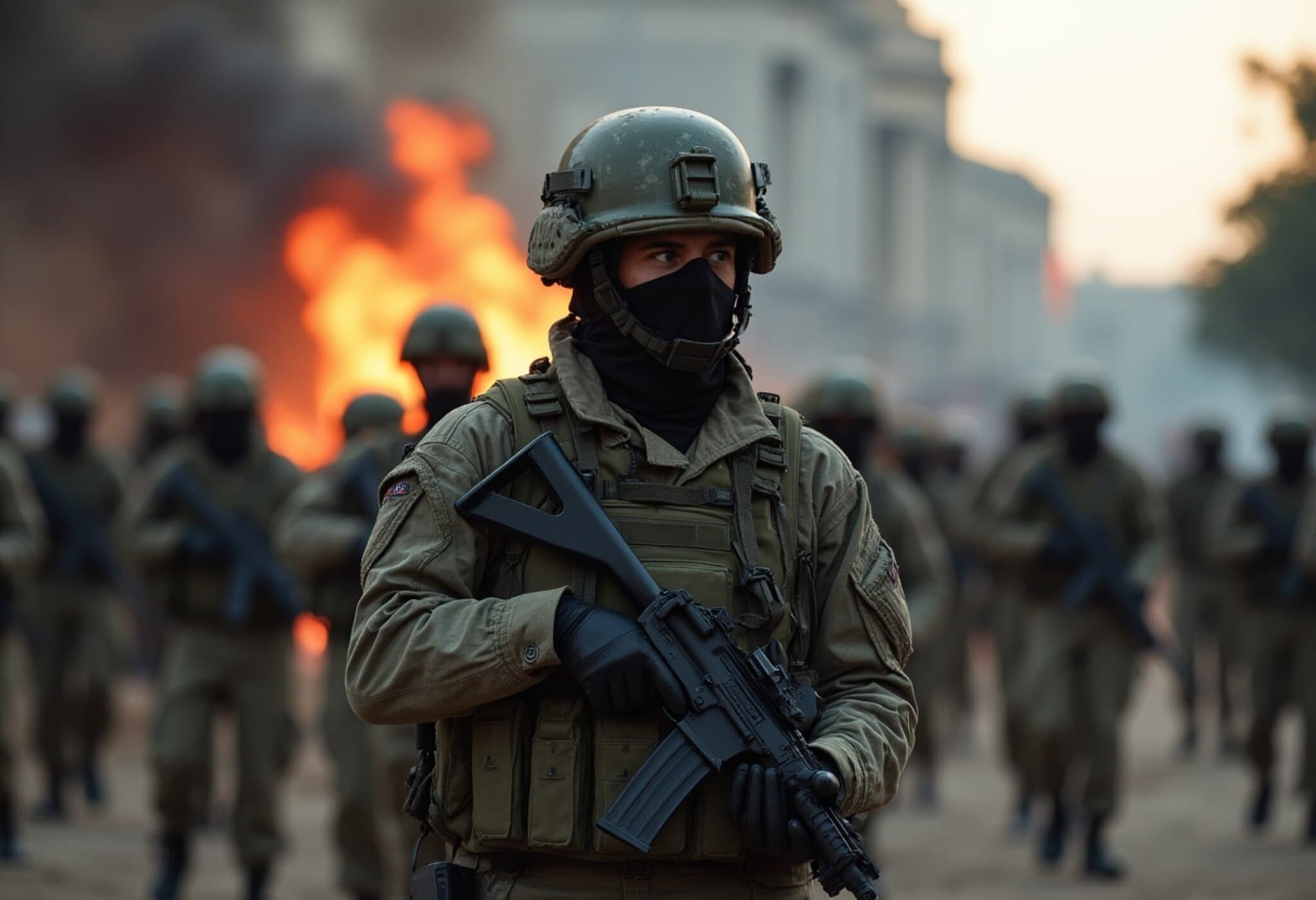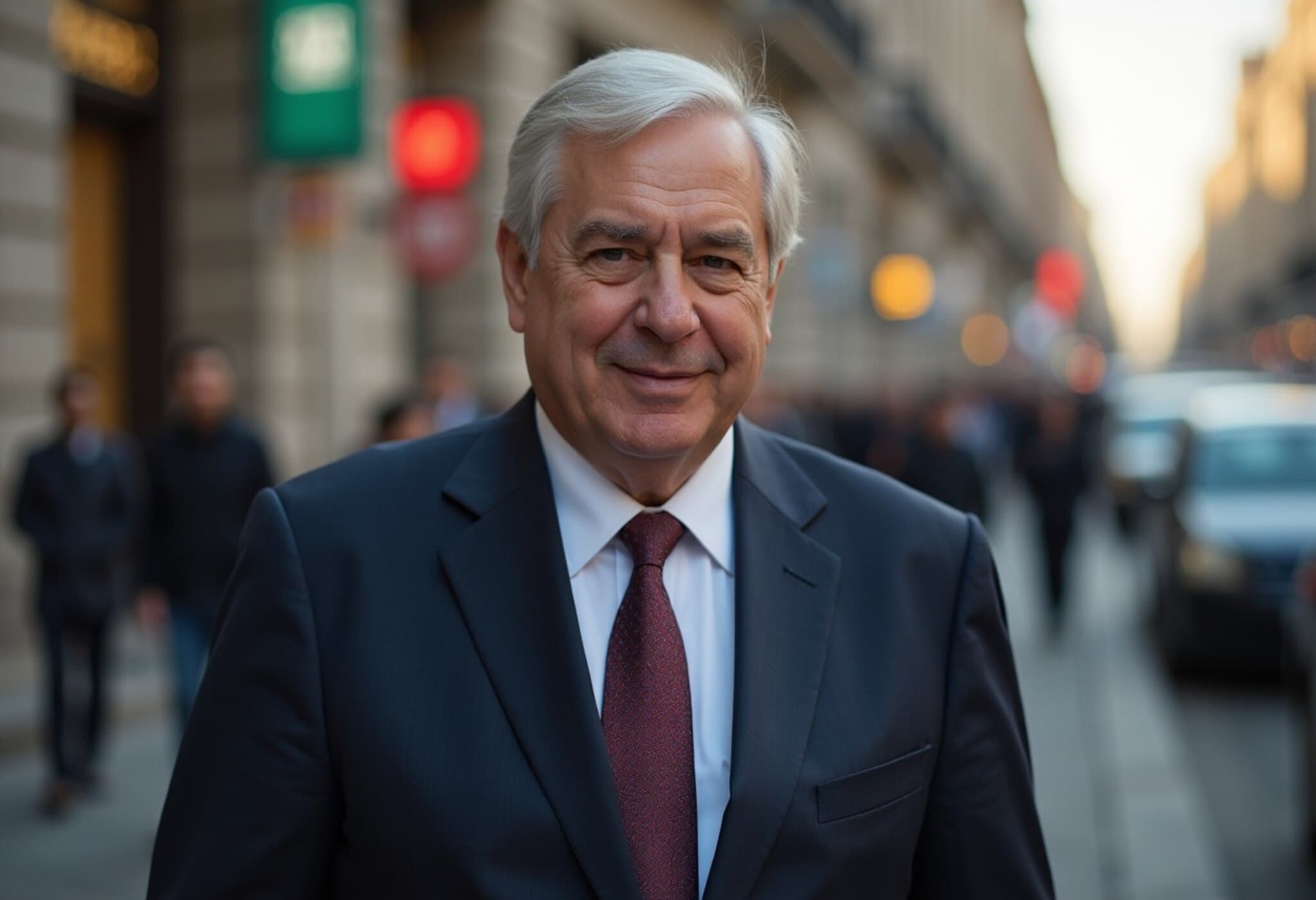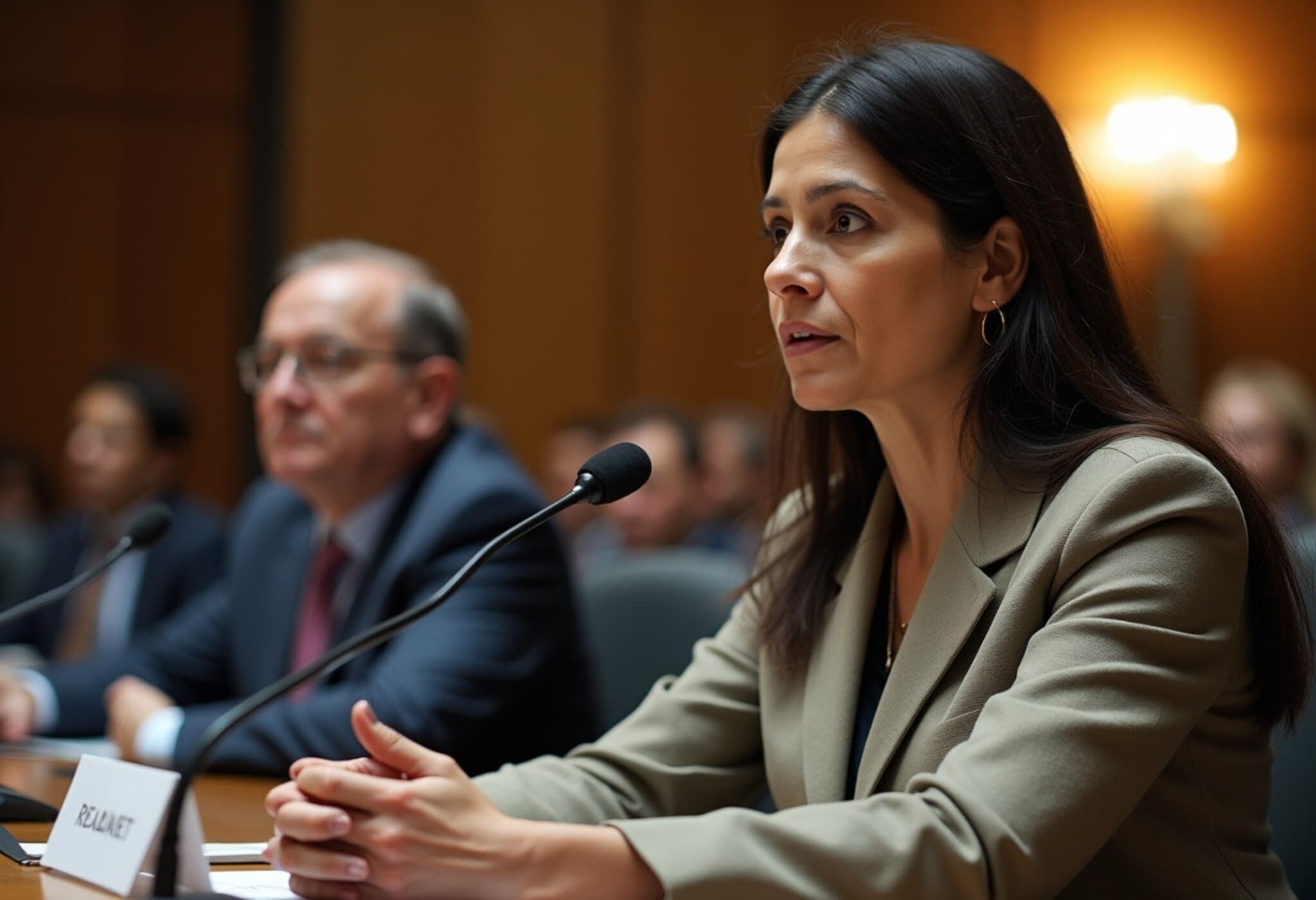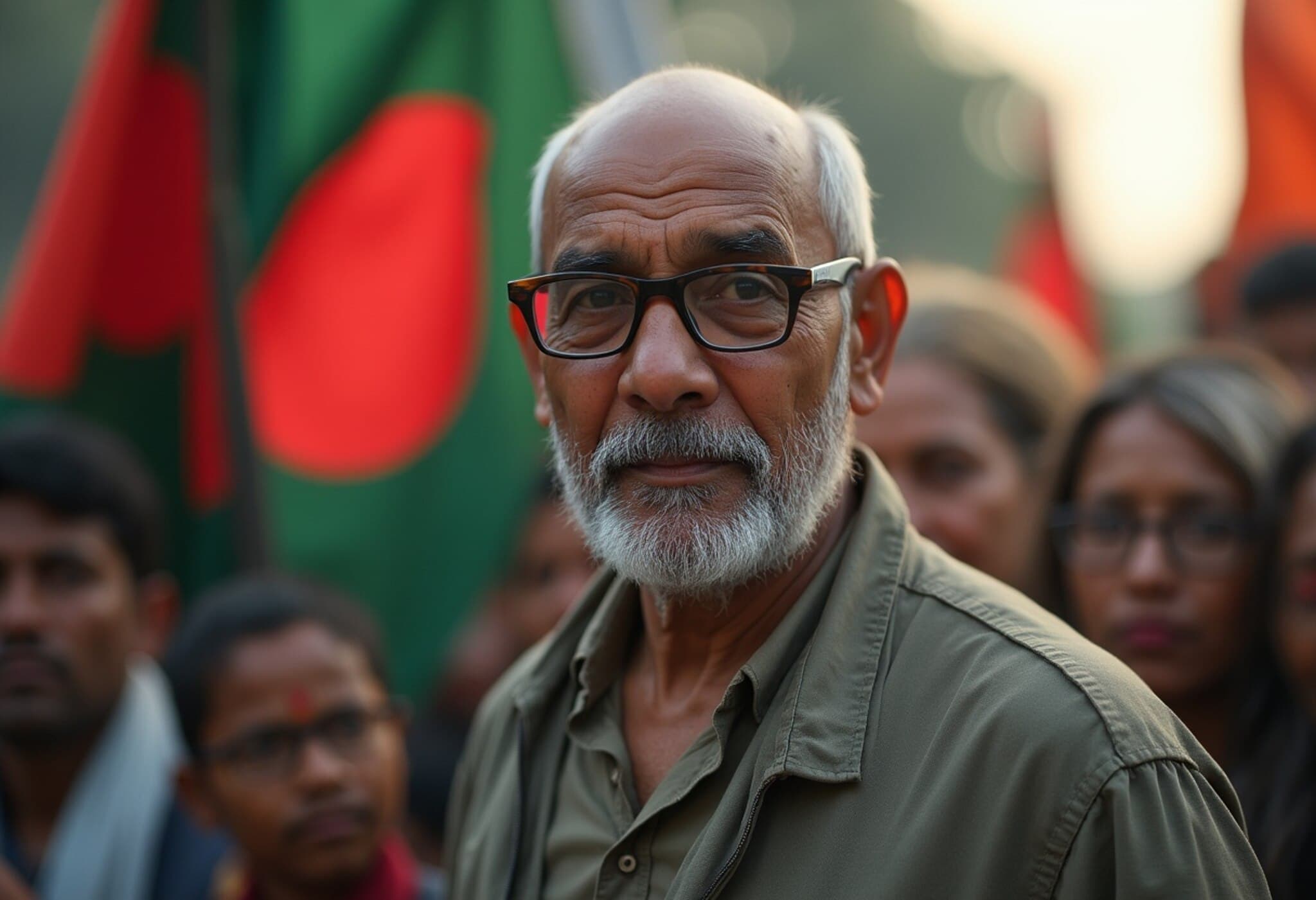Trump Nominates Tammy Bruce as Deputy U.S. Envoy to the United Nations
In a significant appointment that underscores the ongoing shifts within U.S. diplomatic ranks, former President Donald Trump announced on August 10, 2025, his nomination of Tammy Bruce, the current State Department spokesperson, to serve as the United States’ Deputy Representative to the United Nations, carrying the rank of ambassador.
From Media Personality to Diplomatic Frontline
Donald Trump took to Truth Social to commend Bruce, describing her as a "Great Patriot, Television Personality, and Bestselling Author." He emphasized her distinguished service in her current capacity and expressed confidence that she "will represent our Country brilliantly at the United Nations." This nomination highlights Trump's continued practice of elevating media figures aligned with his ideology into key government positions.
Since January, Bruce has been among the most visible faces of the State Department, regularly briefing the press on foreign policy matters amidst a complex global landscape. Her transition from a self-identified liberal activist to a staunch supporter of the MAGA movement reflects a personal political evolution that mirrors broader polarization trends in American politics.
The Bigger Picture: U.S. Representation at the UN
Bruce’s nomination comes at a time when the United States has yet to confirm a permanent ambassador to the United Nations. Mike Waltz, a former national security adviser under Trump, underwent Senate confirmation hearings last month but remains unconfirmed. This vacancy underscores ongoing challenges within the U.S. administration to stabilize its presence on the global stage.
Given the deputy representative role demands Senate approval, Bruce will encounter rigorous scrutiny from lawmakers, particularly as U.S. policies — including Trump’s outspoken and emphatic support of Israel amid its contentious Gaza operations — continue to evoke mixed reactions from international partners and domestic critics alike.
Expert Insight: Navigating Diplomacy Through Political Lenses
Appointing Tammy Bruce is emblematic of the Trump-era approach to diplomacy that blends media savvy with political loyalty. While such appointments can enhance communication efforts, they also raise questions about the balance between professional diplomatic experience and political ideology in representing the United States abroad.
As the U.S. grapples with fractious global issues from Middle East conflicts to multilateral cooperation challenges, the effectiveness of its UN delegation will be closely watched. Bruce’s capacity to navigate this complex environment will be a crucial test not only of her personal adaptability but also of the broader strategic direction set by Washington.
What Comes Next?
- Senate Confirmation Process: Bruce faces a thorough examination by the Senate Foreign Relations Committee, where her qualifications, policy positions, and diplomatic vision will be evaluated.
- Policy Impact: Her tenure will coincide with ongoing debates over U.S. foreign policy priorities, particularly in relation to Israel, climate change agreements, and human rights initiatives at the UN.
- Diplomatic Optics: With global eyes on the U.S., her public messaging and negotiation skills will influence perceptions of American leadership on the world stage.
Editor’s Note
Tammy Bruce’s nomination serves as a compelling case study of how political identity and media background are increasingly intertwined with diplomatic appointments in Washington. It beckons us to consider how such trends might shape not only immediate foreign policy outcomes but also the long-term authority and credibility of U.S. missions abroad. As this nomination advances through the Senate, observers should ask: How do personal political journeys like Bruce’s impact diplomatic effectiveness? And what does this say about America’s evolving role in multilateral institutions in an era marked by ideological divisions?

